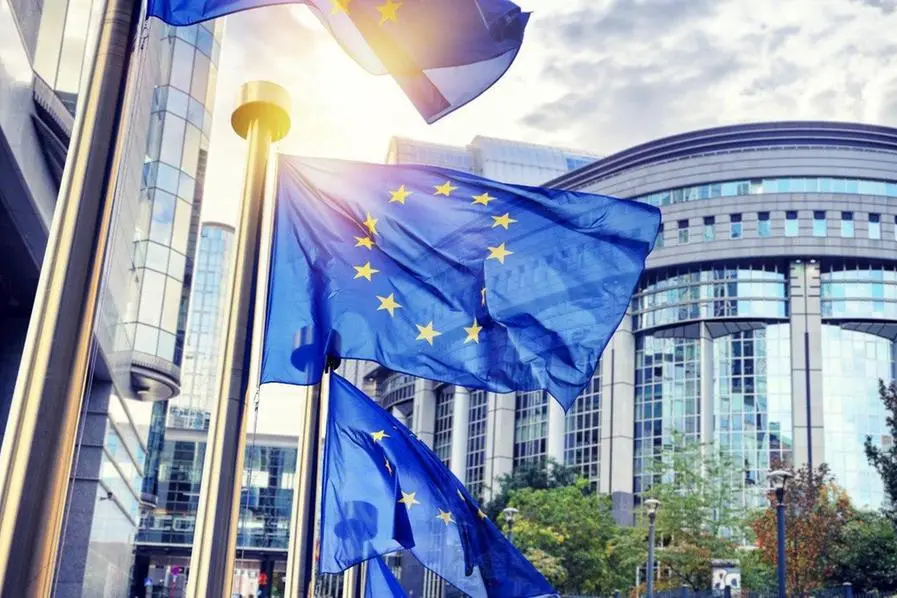PHOTO
FRANKFURT- European Central Bank policymakers meeting last month agreed that the first interest rate hike in more than a decade was drawing closer as inflation showed signs of taking hold, the accounts of their Feb. 3 meeting showed on Thursday.
The ECB had been preparing for gradually turning off the money taps when Russia invaded Ukraine last week, casting a shadow on the euro zone's oil-dependent, export-led economy and throwing policymakers' plans into turmoil ahead of a key policy decision on March 10.
ECB President Christine Lagarde walked back on a pledge not to raise rates this year at the Feb. 3 meeting and the accounts reveal growing chances of inflation stabilising at the bank's 2% target after a decade below that level.
The ECB has said it needs to see inflation sustainably at 2% before raising its rate on bank deposits, currently set at a negative 0.5%.
"The view was widely shared that convergence to the ECB’s medium-term inflation target was no longer a distant prospect, thus making the fulfilment of the forward guidance criteria (for a rate hike) more likely within a shorter time span," the ECB said in its accounts.
The accounts also lay bare growing scepticism by some policymakers about the ECB's forecasts, which have grossly underestimated inflation for the past several months.
Some policymakers even wanted to bring forward the end of the ECB's Asset Purchase Programme (APP) already at the meeting, which would pave the ground for a rate hike. Reuters was first to report this at the time.
"A number of these members were of the view that the forward guidance conditions were already broadly satisfied and expressed a preference for adjusting the forward guidance on the phasing-out of the APP at the present meeting," the ECB said.
The ECB's dilemma is clear. Euro zone inflation soared to a record high 5.8% last month, nearly three times the bank's target. Labour markets are also tightening faster than projected, suggesting that wage pressures could soon kick in, exacerbating the ECB's inflation troubles.
But high energy costs will sap consumer spending power and weigh on investment, deducting from growth and ultimately weighing on prices in the medium term, a time horizon more relevant for ECB policy.
The war in Ukraine is also creating financial market uncertainty and policy tightening could add to volatility.
Still, even if not at its next meeting, the ECB is likely to curb support as underlying price growth is building, suggesting that inflation is likely to be more durable than thought even just weeks ago.
"A scaling-back of monetary accommodation should commence, in line with the established forward guidance on sequencing," the ECB said in the account of the February meeting.
After overshooting its target in both 2021 and 2022, the ECB will be under pressure to rein in price growth if projections for next year also start to indicate rapid inflation.
(Reporting by Balazs Koranyi Editing by Francesco Canepa and Bernadette Baum)





















